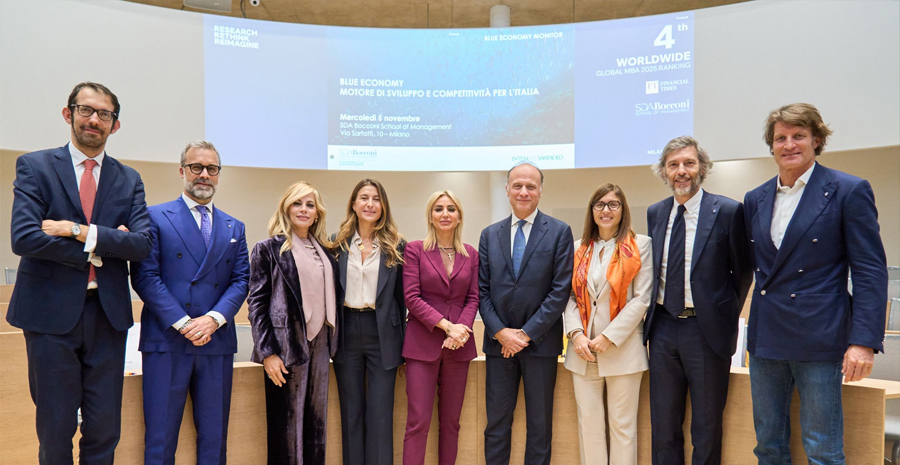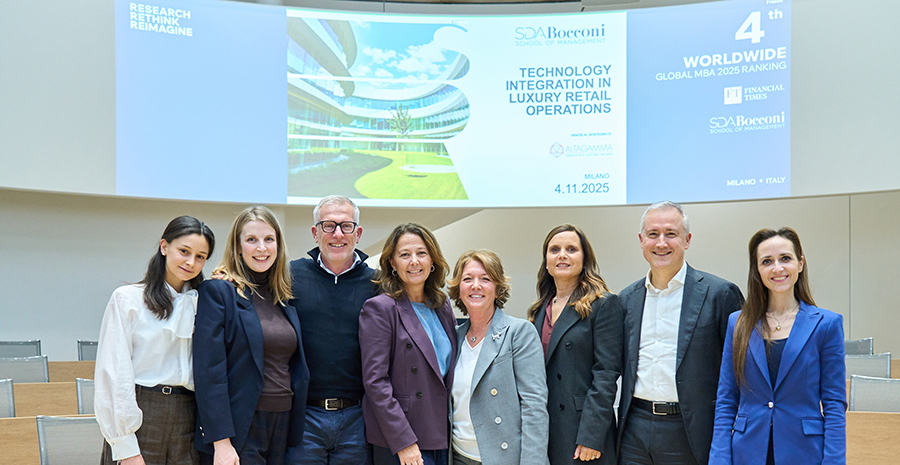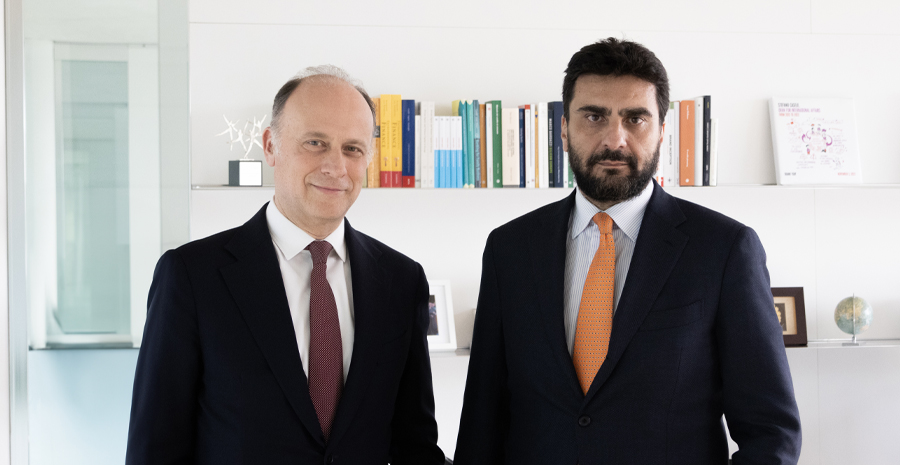Why destroying nature means destroying the economy
If it is true, as stated in the WWF Living Planet Report 2024, that 55% of global GDP (approximately $58 trillion) moderately or highly depends on ecosystem services, and that 72% of non-financial companies in the Eurozone would face severe economic difficulties due to ecosystem degradation, as calculated by the European Central Bank, then destroying nature also means destroying the economy.
Sylvie Goulard, Professor of Practice in Global Affairs (sustainability, green finance, and geopolitics), has just published the report Détruire la nature, c’est détruire l’économie, a collaboration between SDA Bocconi School of Management and 2050Now, a French initiative aimed at supporting individuals and companies in the ecological transition by providing information, solutions, and tools to act for the climate and biodiversity.
Click here for the English version of the Report.
The report highlights the significant progress made over the years by the six founding companies of 2050Now (Bouygues, BNPP, Engie, LVMH, SNCF Voyageurs, Veolia) in addressing the degradation of nature and its impact on their operations. It underscores the necessity and feasibility of resolute action, both global and local, collective and inclusive, involving all public and private stakeholders, scientists, NGOs, businesses, media, and individuals. “As important as the hard sciences (biology, botany, mathematics, physics, and chemistry) are, they are not the only ones capable of providing solutions. Innovation also requires engaging the social sciences,” writes Goulard.
Although some biodiversity losses are neither repairable nor reversible, the report affirms that it is not too late to act—as is already happening—but there is no time to lose. The most productive efforts are those focused on prevention rather than repair. One urgent area of intervention is the elimination of environmentally harmful subsidies, such as those for fossil fuels or intensive agriculture. These subsidies amount to $1.8 trillion annually, compared to just $200 billion allocated to nature-based solutions. Eliminating these subsidies would free up significant financial resources, greatly amplifying efforts to preserve biodiversity.
“The ‘environment-first’ approach, contrary to what some may claim, is not punitive. While it may mean going without certain goods or foods, these are often superfluous or even harmful to health. In return, there are personal benefits to be gained, including greater fulfillment and better physical well-being, not to mention the advantages for society, while sharing lays the foundation for more lasting civil harmony. The approach is difficult but it makes sense,” concludes Goulard, “and this inherent sense is perhaps its best chance for success.”
SDA Bocconi School of Management
Blue is the new green: Responsible use of ...

Technology with a soul amplifies human value ...

Capital markets: Caselli and Ventoruzzo ...



